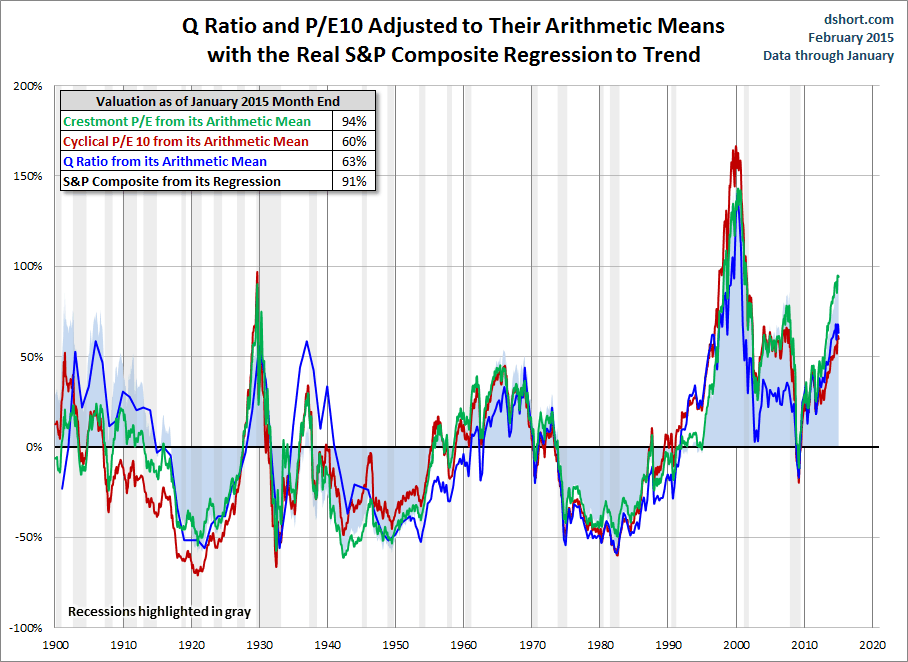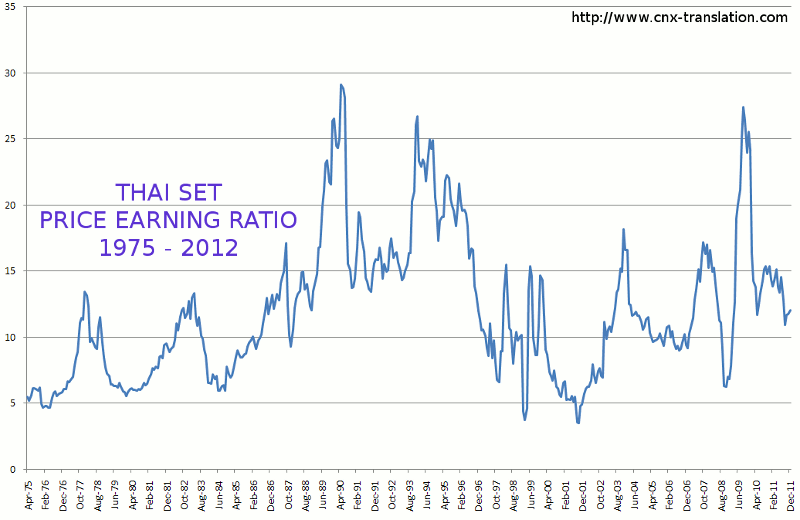Thai stocks remain good longterm bet
Post on: 15 Июль, 2015 No Comment

Thai stocks remain good long-term bet กุมภาพันธ์ 15, 2014
Well-known international financial expert Marc Faber says that despite the slowdown of the Thai economy, he is positive on Thai stocks over a long term.
The economy, looking forward, is going to be flat at best, he said in an exclusive interview with The Nation in Bangkok.
Regardless of the political situation, Faber said the economic slowdown had become visible nine months ago and many foreign investors, including himself, had sold a lot of Thai stocks.
However, he said he was now looking to buy rather than sell Thai stocks, thanks to the countrys relatively sound financial position and the stocks attractive valuations.
We have to distinguish between the economy and the political situation. Although the political situation is not very good, we have a government [that] is dysfunctional and consistently intervenes in the free markets, especially the rice scheme, which is particularly unsuccessful. I suppose the government [that] Thaksin Shinawatra sits behind in exile would be re-elected. But [whether] that would be desirable or not is questionable.
In the case of Thailand, having no government might be better, said the publisher of the Gloom Boom & Doom Report newsletter during an interview on the Business Talk programme broadcast on Krungthep Turakit TV last Friday.
Nevertheless, Faber was quick to add that claims of corruption were not limited to the Yingluck Shinawatra administration.
Some people said this government is very corrupt. The problem is, if the Democrats come to power, they [are] also corrupt.
I like Abhisit [Vejjajiva, leader of the Democrat Party]. I think he is very nice. Im sure he is honest. The problem is people around and below him.

Commenting on the current stock sell-off in emerging markets, Faber said the global economy was in a particularly dangerous situation. Besides the vulnerable US economy, Chinas is slowing down considerably, with actual growth of 4 per cent at the maximum, not 7-8 per cent as that countrys official figures show, while the rest of Asia has become heavily dependent on Chinas growth.
The US Federal Reserves tapering of its quantitative-easing policy will have an impact on global liquidity, but it will affect US stock markets more than the Stock Exchange of Thailand, which has already fallen by 26 per cent in baht terms and nearly 30 per cent in US dollar terms since last May.
The Thai stock market bottomed out on November 28, 2008, or more than five years ago when the SET [Index] was at 380. It peaked on May 21, 2013, at 1,649. Then it dropped to 1,205 on January 6 and now it is about 1,300. Were now about 20 per cent [down] from the peak and four times the low, he said.
Faber suggested investors look at Thai healthcare and industrial-estate stocks, infrastructure funds, and high-dividend stocks such as some utility companies.
He said he put 25 per cent of his money in stocks in Europe, Canada, and Asian markets including Thailand, which accounts for the largest chunk of his equity holding in the region. He also believes investors should allocate another 25 per cent of their assets to gold and gold-mining stocks, as the price of the precious commodity is in the process of bottoming out.
As to real-estate investment, Vietnam is very interesting. But its not a good time to buy real estate in Thailand, including in his hometown of Chiang Mai, where some properties may experience a 30-per-cent price drop.














